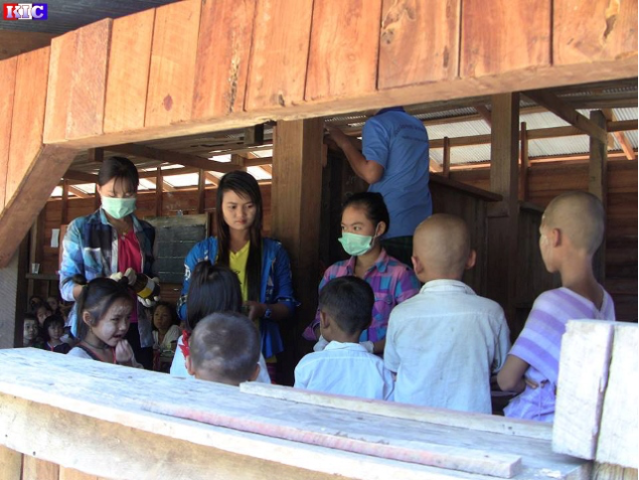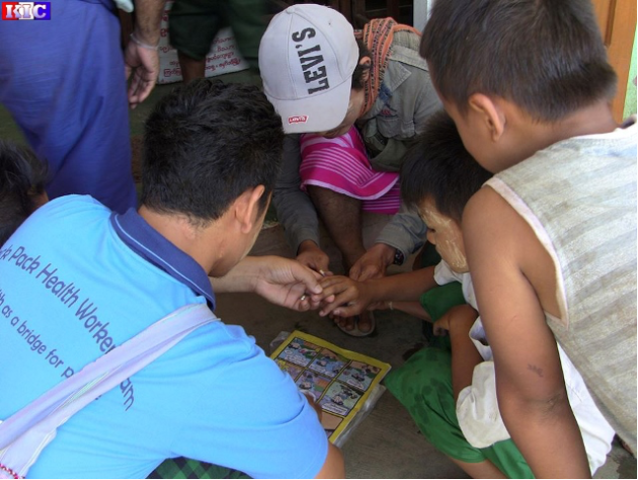People displaced by military council security threats across Myanmar are in urgent need of cross-border humanitarian assistance, the Back Pack Health Worker Team (BPHWT) said in a 3 June statement.
The BPHWT, established to provide primary health care in remote, war-torn ethnic areas, is currently led by Dr. Cynthia Maung, founder of the Mae Tao Clinic, who also heads the health group, said the statement, released after the 9th conference 29 May – 2 June.
Saw Kyaw Win, secretary of the BPHWT, said members have faced transportation difficulties after the military coup and have to remain vigilant to ensure their medical supplies do not fall into the hands of the regime.
“We have to be careful with the distribution channels within the country. Sometimes we have to cross creeks and rivers when the normal land routes become impassable for cars. In such a situation, we might take the wrong roads. Therefore, it would be better if either Thailand, India or Bangladesh come to our rescue,” he said.
The BPHWT secretary went on to explain that most medical supplies are currently imported from Thailand, but that there have been recent difficulties in negotiating with Thai authorities.

In addition, the number of internally displaced people in Myanmar has increased to nearly 200,000 since the military took power. Both their physical and material well-being have been affected by security threats from the military regime, while they continue to lack access to public health services due to the mismanagement of the military council in conjunction with the Civil Disobedience Movement (CDM).
“Nurses have had to flee in fear when clinics come under artillery fire or aerial bombardment by the military regime. This has led to a shortage of doctors (medical workers) in conflict-affected areas. Our teams have done as much as we could, but the need is still there,” Saw Win Kyaw said, explaining the lack of an adequate health system in the war-torn zones.
The BPHWT further said in the statement that it will work toward a health system for a federal democracy by coordinating with all sectors, including ethnic health groups, and working toward long-term and sustainable health development and access to basic health services.
The BPHWT began its health activities in 1998 with 20 health workers and 32 backpacker groups in Karen, Karenni, and Mon States. The group has expanded its health services to nearly 300,000 people in war-torn ethnic minority areas and is also currently providing emergency medical assistance in areas affected by natural disasters, the statement said.
With more than 560 healthcare workers, BPHWT has established more than 100 clinics throughout Myanmar, of which 66 clinics are in ethnic Karenni areas, said the group’s spokesman Saw Kyaw Win.
Sent by KIC.

